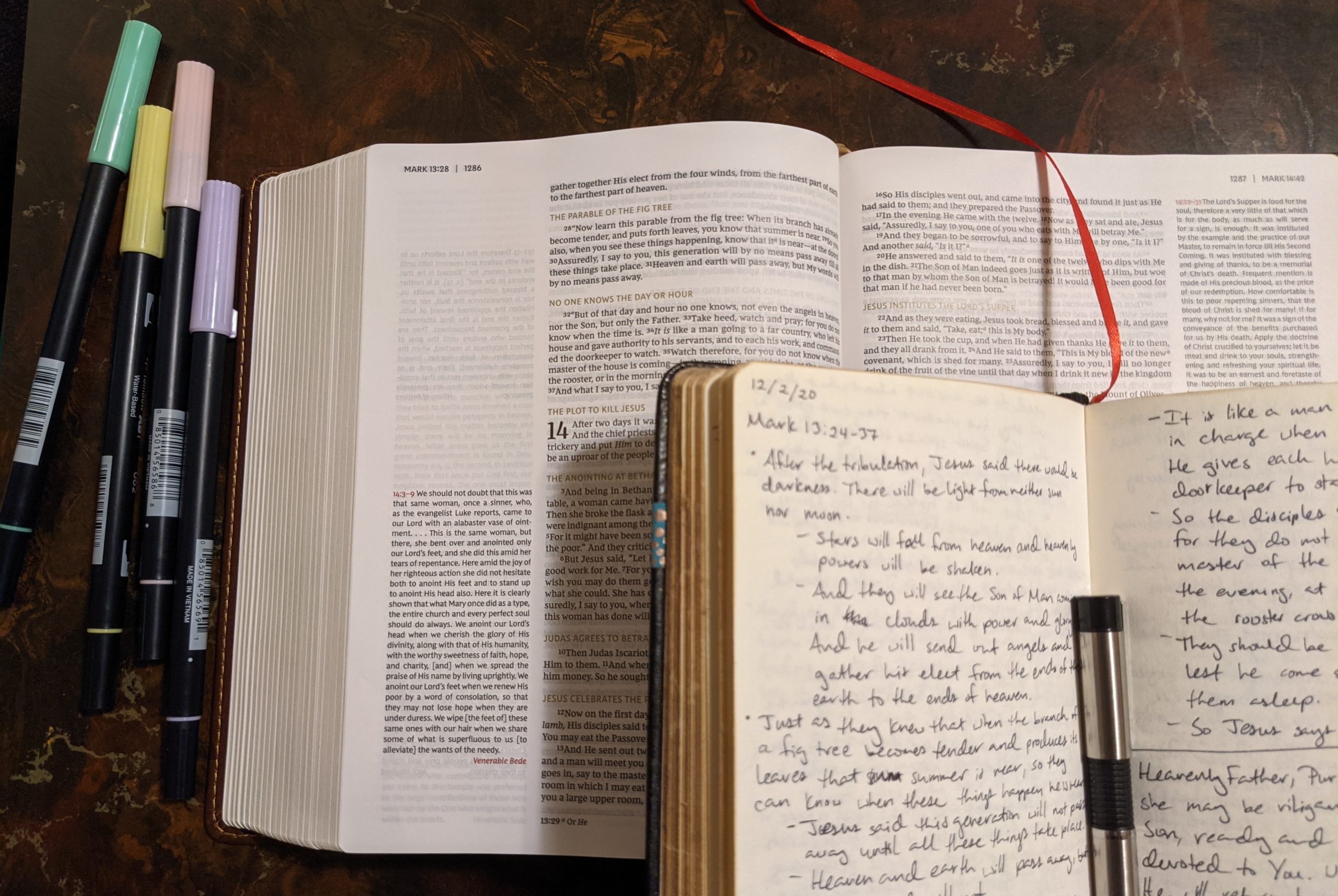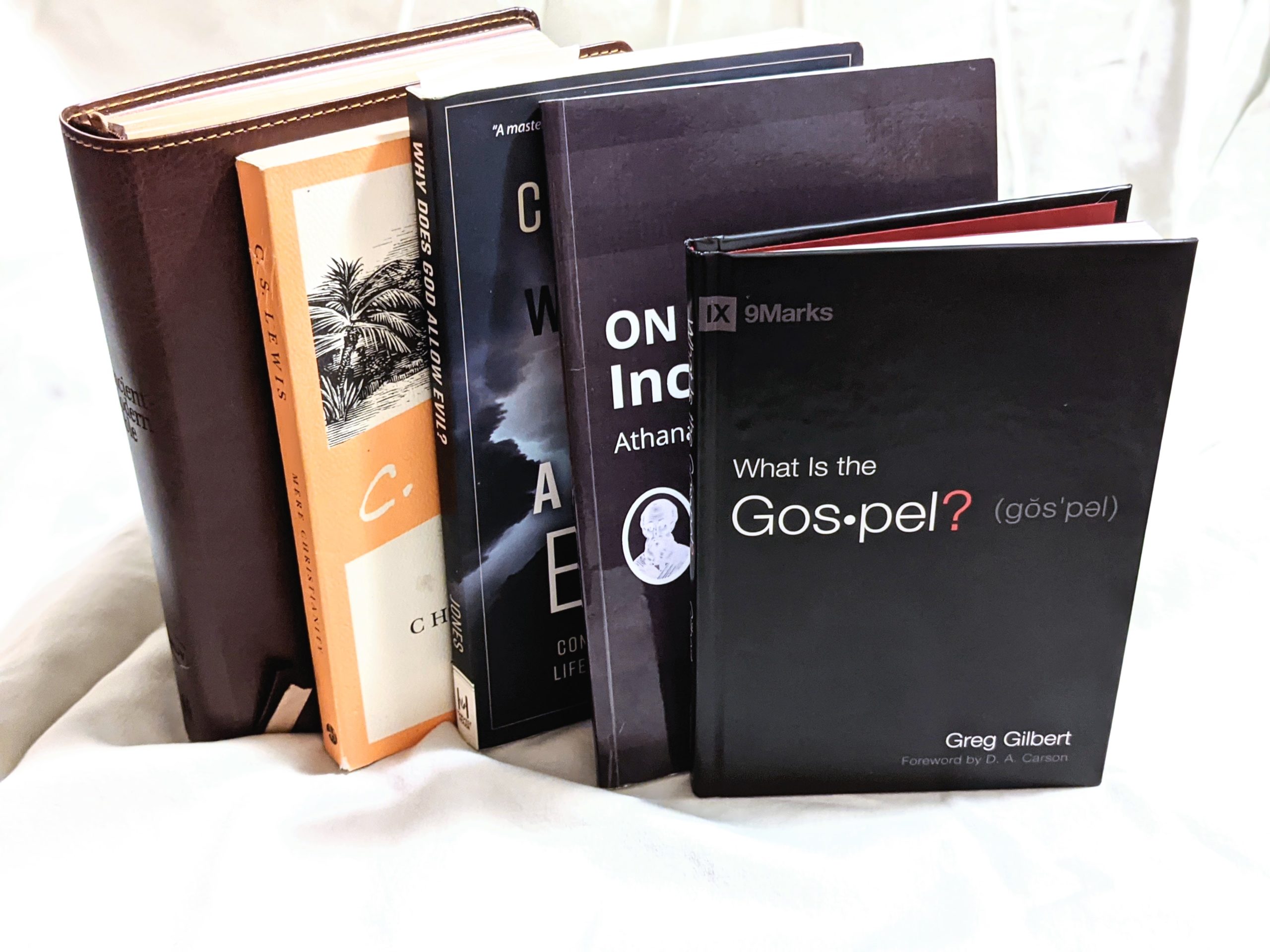
Theology is Important for Every Christian
Why You Should Care About Theology
When you hear the word ‘theology,’ what comes to mind? White-haired seminary professors, 500 page books filled with incomprehensible language, people arguing about how many angels can dance on the head of a pin? It is fairly common to view theology as irrelevant and unnecessary for most Christians, if not a detriment to true faith in Jesus. The truth of the matter, however, is that theology is important for every Christian. It shouldn’t be confined to the divinity school, but should be found, alive and well, in the pews of churches across the world.
Everyone is a Theologian
But why should you care about theology?
Theology is, quite simply, the study of God. Your theology is what you believe about God. As Christians, we’re supposed to be in relationship with God, we’re supposed to worship Him in spirit and in truth. How can we do that if we don’t know anything about Him? Instead of thinking about theology as pontifical debates with no bearing on real life, think about it as getting to know your Creator and Savior.
You may have heard the phrase “I don’t need theology, I just need Jesus.” While good-intentioned, this concept ultimately fails. The problem is, as soon as you say anything about who Jesus is or what He has done, you’re doing theology. In fact, the idea that there is a need for Jesus (or a need in general, for that matter) is a theological one.
The truth is, every Christian already has a theology to some degree or another, because every Christian has some kind of belief about Jesus and God. Everyone already has a theology. The question is, is that theology true? Doing theology, studying theology, allows us to analyze our beliefs to ensure that they line up with Scripture. If we don’t, we’re opening ourselves up to the possibility of bad theology sneaking in and taking root in our hearts. This can have catastrophic effects; wrong beliefs can have eternal consequences.
Theology is Biblical
Over and over in the Bible we find warnings to the church to not be led astray by false teaching, but to hold fast to the gospel they had been taught. We can see clearly the importance of having right beliefs about God, Jesus, and the gospel.
- 2 Peter 3:17 “You therefore, beloved, knowing this beforehand, take care that you are not carried away with the error of lawless people and lose your own stability.”
- Colossians 2:8 “See to it that no one takes you captive by philosophy and empty deceit, according to human tradition, according to the elemental spirits of the world, and not according to Christ.”
- Galatians 5:1 “For freedom Christ has set us free; stand firm therefore, and do not submit again to a yoke of slavery.”
- 1 Timothy 6:20-21 “O Timothy, guard the deposit entrusted to you. Avoid the irreverent babble and contradictions of what is falsely called ‘knowledge,’ for by professing it some have swerved from the faith.”
- 2 John 1:7-8 “For many deceivers have gone out into the world, those who do not confess the coming of Jesus Christ in the flesh. Such a one is the deceiver and the antichrist. Watch yourselves, so that you may not lose what we have worked for, but may win a full reward.”
What we believe is crucial to our salvation, and the call of Scripture to watch and stand firm indicates the importance of evaluating the truthfulness of our beliefs.
Theology is Relevant to Your Life
But even if you don’t think theology is important or relevant to your life, there may come a day when it becomes painfully so. If you develop a solid theology now it will be there for you when you need it.
You never know when doubts will creep in or something might happen that shakes your confidence. There will be times when we don’t feel the assurance of our faith in Christ, one day we may wonder why we have to walk through tragedy after tragedy, and at times we may even begin to question if God is really there.
The questions and conflicts that we face during our Christian walk often have theological roots and thinking through these questions before coming face to face with them can leave us with greater peace in Christ when we do.
I’ve seen it in my own life. In the Fall of 2016, when I was getting my Master’s, one of my classes was all about the problem of evil. We spent three hours a week for an entire semester taking a deep dive into the topic. At the end of the class our final assignment was to answer ten questions about why God allows suffering. These were tough questions and it was a tough topic, but by the end of it I was confident in the goodness and sovereignty of God in spite of all the suffering in the world.
The next year was a really hard one for my family, the kind of year with lots of hospital visits. All of a sudden, the questions I had faced in my class were no longer an intellectual exercise. This was real life. But because I had already done the work of figuring out what I believe about God and suffering I didn’t have to start from scratch. That’s not to say that it was an easy time—it definitely wasn’t. It’s not that I wasn’t ever afraid or that I trusted God perfectly through it all, because I was afraid and I did struggle to trust Him. But I did know that He was good, that He was in control, and that His plans for me were good, even if they weren’t what I wanted.
The theology I had developed was there for me when I needed it.
Theology Leads to Worship
If you’ve thought of theology as dry and lifeless, then this may come as a surprise: theology is important because it leads to worship. Remember, think of theology as getting to know God. The God we serve is supremely good, and because of this the more we know about Him, who He is, and all that He’s done, the more we worship Him. The relationship between theology and worship is demonstrated throughout the book of Psalms. Consider a few verses from Psalm 145:
“ 4 One generation shall commend your works to another,
and shall declare your mighty acts.
5 On the glorious splendor of your majesty,
and on your wondrous works, I will meditate.
6 They shall speak of the might of your awesome deeds,
and I will declare your greatness.
7 They shall pour forth the fame of your abundant goodness
and shall sing aloud of your righteousness.”
David says that he will meditate on God’s works and majesty, that he and others would declare God’s deeds and greatness, and that they would make God’s goodness known and sing of His righteousness. These ideas of God majesty, goodness, and righteousness are theological in nature, and the psalmist uses them in a song of praise to God. Not only that, but he speaks of God’s works and deeds, which theology spends a good deal of time addressing. These four verses provide a great example of the connection between knowing God—who He is and what He’s done—and worshiping Him.
Everyone Can Study Theology
Studying theology can have so many benefits as we grow in Christ. It isn’t reserved for ‘Christian elites’ or geniuses—it’s for everyone. I encourage you to incorporate theological study as a regular practice and experience these benefits for yourself. You can start simple; not every theology book is dry and difficult, there are plenty that are easy to read but still engaging and insightful.
Already love theology? Comment below what benefits you’ve noticed or some of your favorite resources.
If you want to begin studying theology but don’t know where to begin, check out this list of theology books that are easy to read.




2 Comments
Mike Davidson
Great site!!
This will be a big help to people.
Thanks for doing this. 😊
Bp. Mike
Pingback: